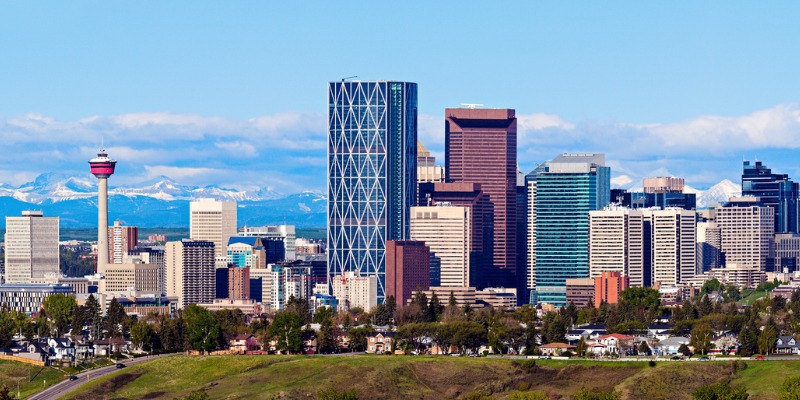Kenney government must control spending to stop Alberta’s fiscal fall

We recently released a study showing that the “fiscal capacity” gap between richer and poorer provinces has shrunk dramatically in recent years. In a nutshell, fiscal capacity refers to each province’s ability to generate own-source revenues to fund government programs and services at comparable rates of taxation.
Of course, Alberta is a big part of this story. From fiscal year 2007/08 to fiscal year 2020/21, we estimate that Alberta’s inflation-adjusted per-person fiscal capacity has plummeted by 45.1 per cent, due largely to low natural resource revenues. To put this drop in a national context, in 2007 Alberta’s fiscal capacity was 92.8 per cent higher than the rest of Canada’s. This year, we estimate the gap will have shrank to just 4.0 per cent.
Consequently, we estimate that this year Alberta will no longer have the highest per-person fiscal capacity level in Canada, with British Columbia set to take the top spot. This is a historic development given that Alberta has had the highest fiscal capacity in Canada every year since the modern notion of “fiscal capacity” was developed in 1967. We also estimate that Saskatchewan’s per-capita fiscal capacity will also exceed Alberta’s this year, dropping Alberta to third place.
So why should Albertans care about this rather wonky set of fiscal facts?
Because we can draw several policy implications from this analysis, including that Alberta’s government spending levels are even more unsustainable and unaffordable than before. As was detailed extensively in the Mackinnon Report on Alberta’s Finances, the province currently spends significantly more (per capita) than any other large province in Canada (Quebec, Ontario and B.C.). Meanwhile, there’s no clear evidence Albertans receive better government services than residents of these three other provinces because of all this extra spending.
As resource revenue has dried up in recent years, Alberta’s elevated spending levels have caused large budget deficits to emerge and the province has piled up debt quickly.
To be fair, it’s entirely possible that Alberta’s fall from the “fiscal capacity” top spot will be short-lived. If oil revenues rebound strongly in the years ahead, Alberta will almost certainly bounce back ahead of Saskatchewan and B.C., and all else equal, its deficits will shrink. However, it would be a risk and an error for the Kenney government (and any possible successors) to depend on this scenario to solve the province’s fiscal problems.
Instead, the government in Edmonton should recognize that relying on volatile resource revenues to fund high levels of spending was a mistake all along. The historic drop in Alberta’s fiscal capacity underscores the fact that Alberta’s current policy mix is unsustainable.
But there’s good news. The Kenney government can help address this problem by bringing per-person spending closer in line with Canada’s other large provinces.
Authors:
Subscribe to the Fraser Institute
Get the latest news from the Fraser Institute on the latest research studies, news and events.


